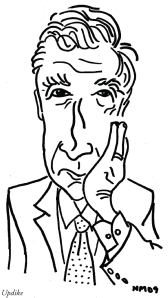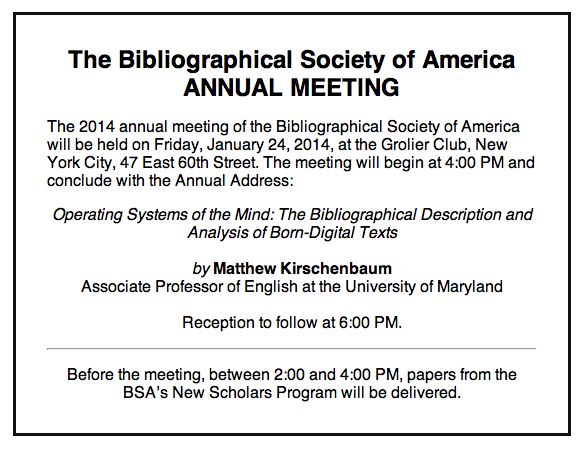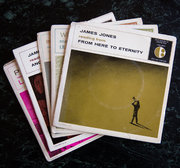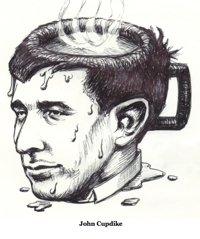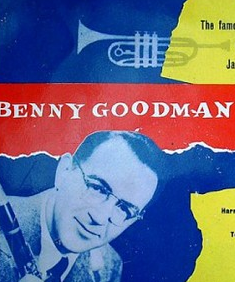 Scott Dill, who put out the call for papers and assembled the panels for the Society’s annual participation at the American Literature Association Conference, has announced that the panels are set:
Scott Dill, who put out the call for papers and assembled the panels for the Society’s annual participation at the American Literature Association Conference, has announced that the panels are set:
Updike and the Short Story: Vol. 1
Chair: Matthew Shipe, Washington University
- “Making the Images Move: A Certain Continuity in John Updike’s Short Fiction,” Kanqin Li, University of Leicester
- “Updike in His Times: History and Autobiography in the Fiction,” Kathleen Verduin, Hope College
- “The John Updike Childhood Home and His Short Fiction,” Maria Mogford, Albright College
Updike and the Short Story: Vol. 2
Chair: Scott Dill, University of North Carolina at Chapel Hill
- “Mind Games Forever: Masculine Self-Delusion in ‘The Morning’ and ‘Slippage,'” Peter Bailey, St. Lawrence University
- “Updike on Religion after 9/11,” Liliana Naydan, University of Michigan
- “Life after Sex?: Memory and the Diminished Present in John Updike’s Late Short Fiction,” Matthew Shipe, Washington University
The idea for the panels was inspired by the recent publication of the Library of America two-volume set of John Updike’s short stories. Thanks to Scott and congratulations to all who had papers accepted.
Times have not been set yet, but the 25th Annual ALA Conference will be held at the Hyatt Regency Washington on Capitol Hill from May 22 through May 25. You must register and pay the conference fee to attend.




